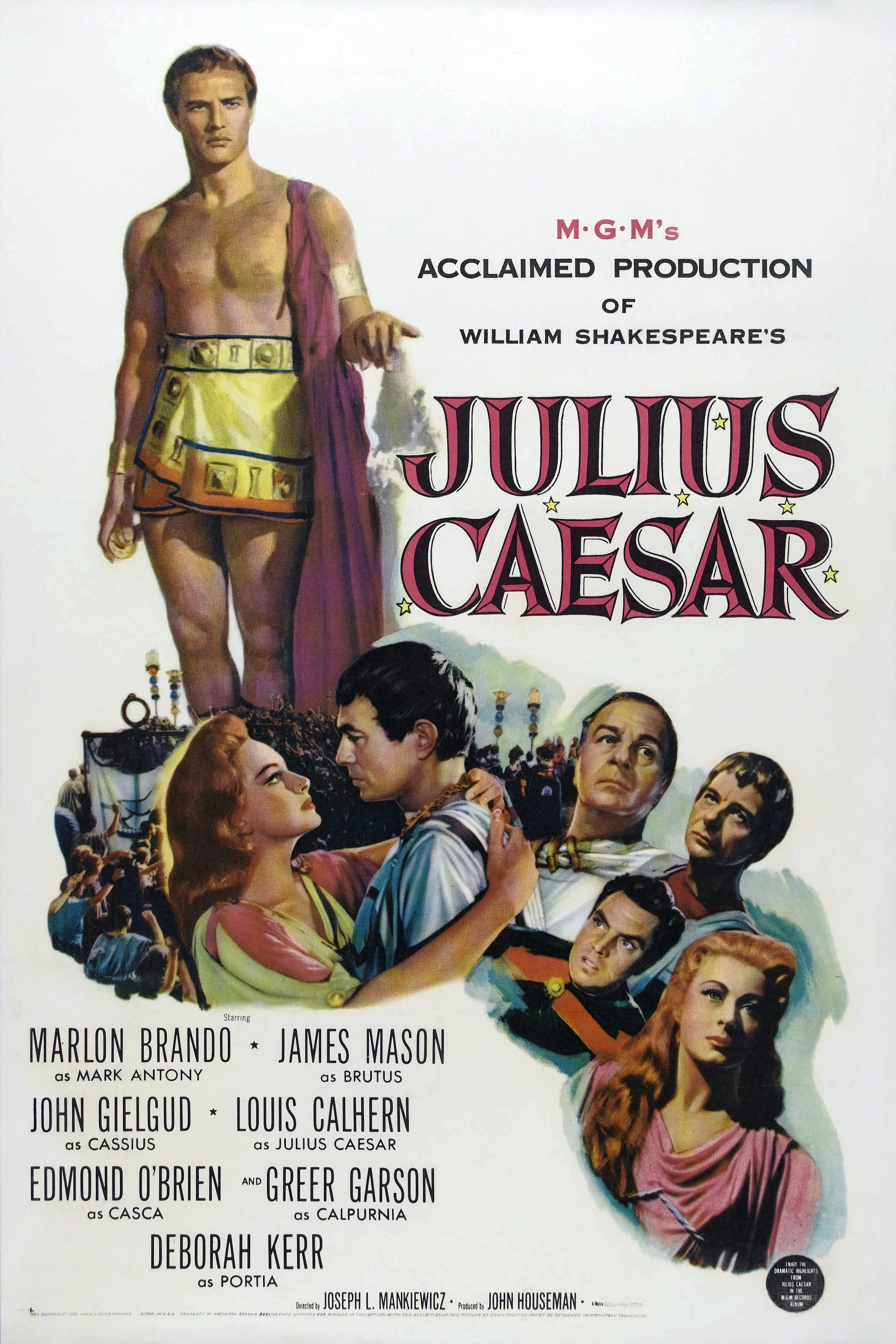
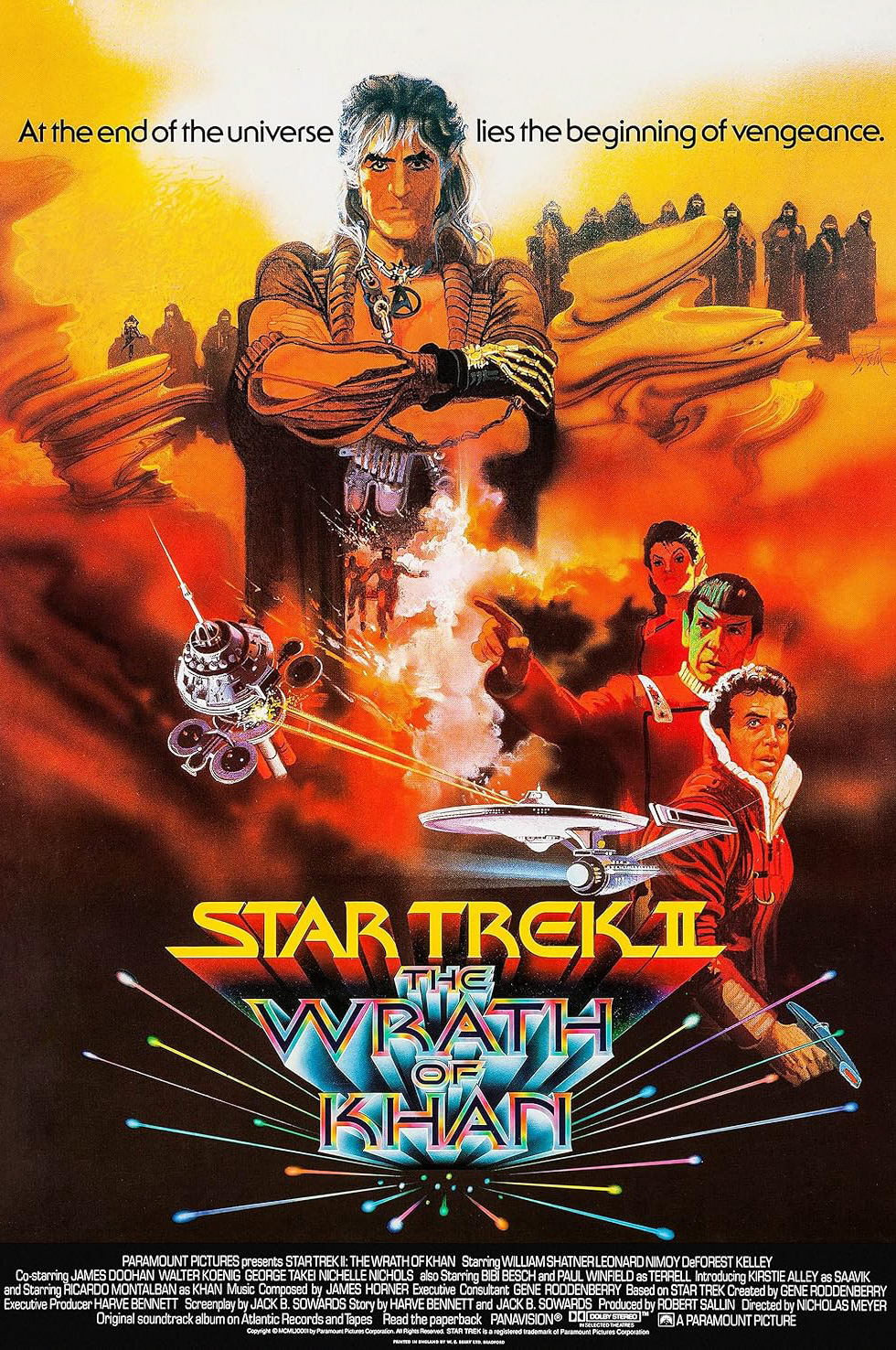


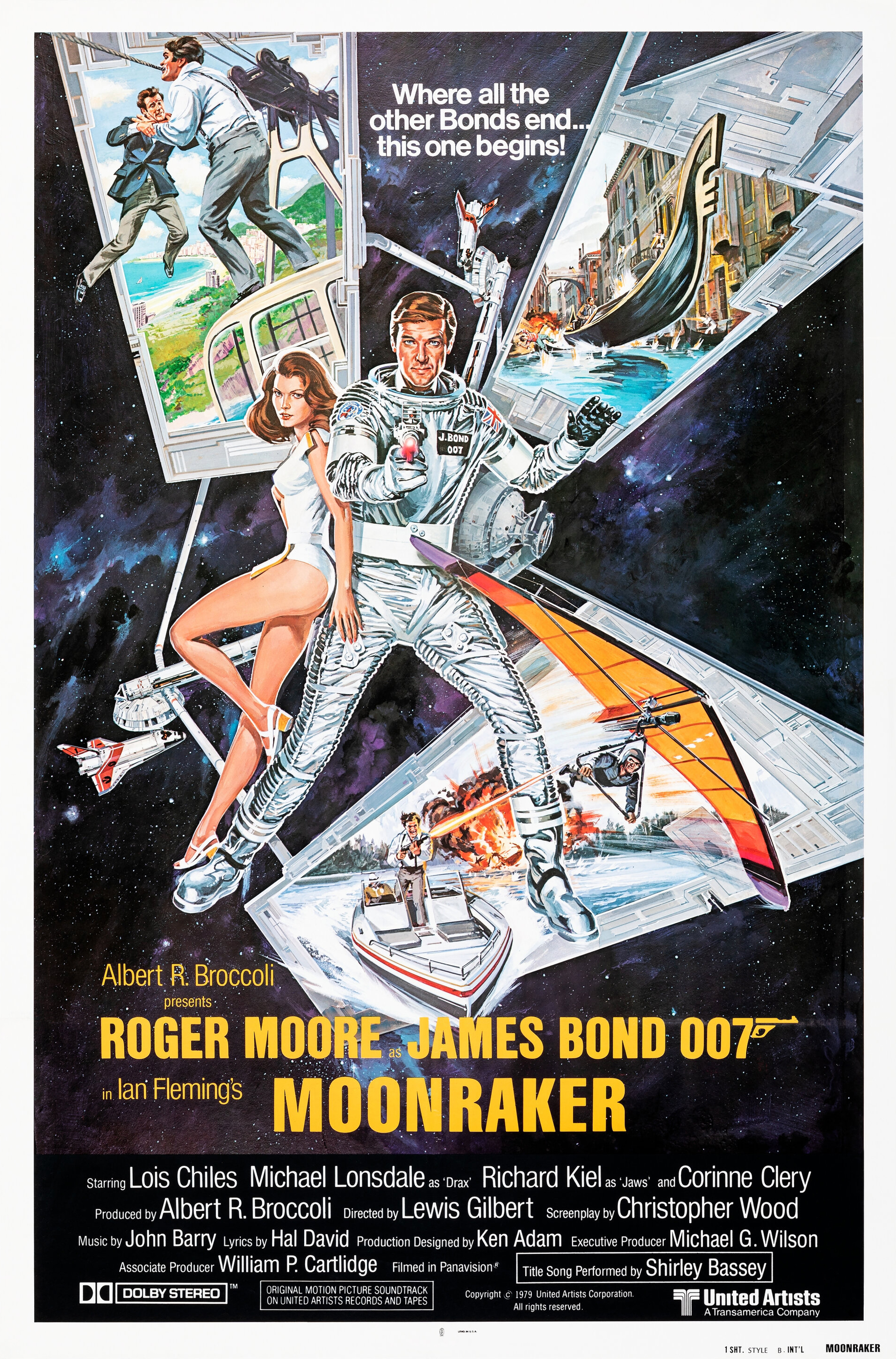
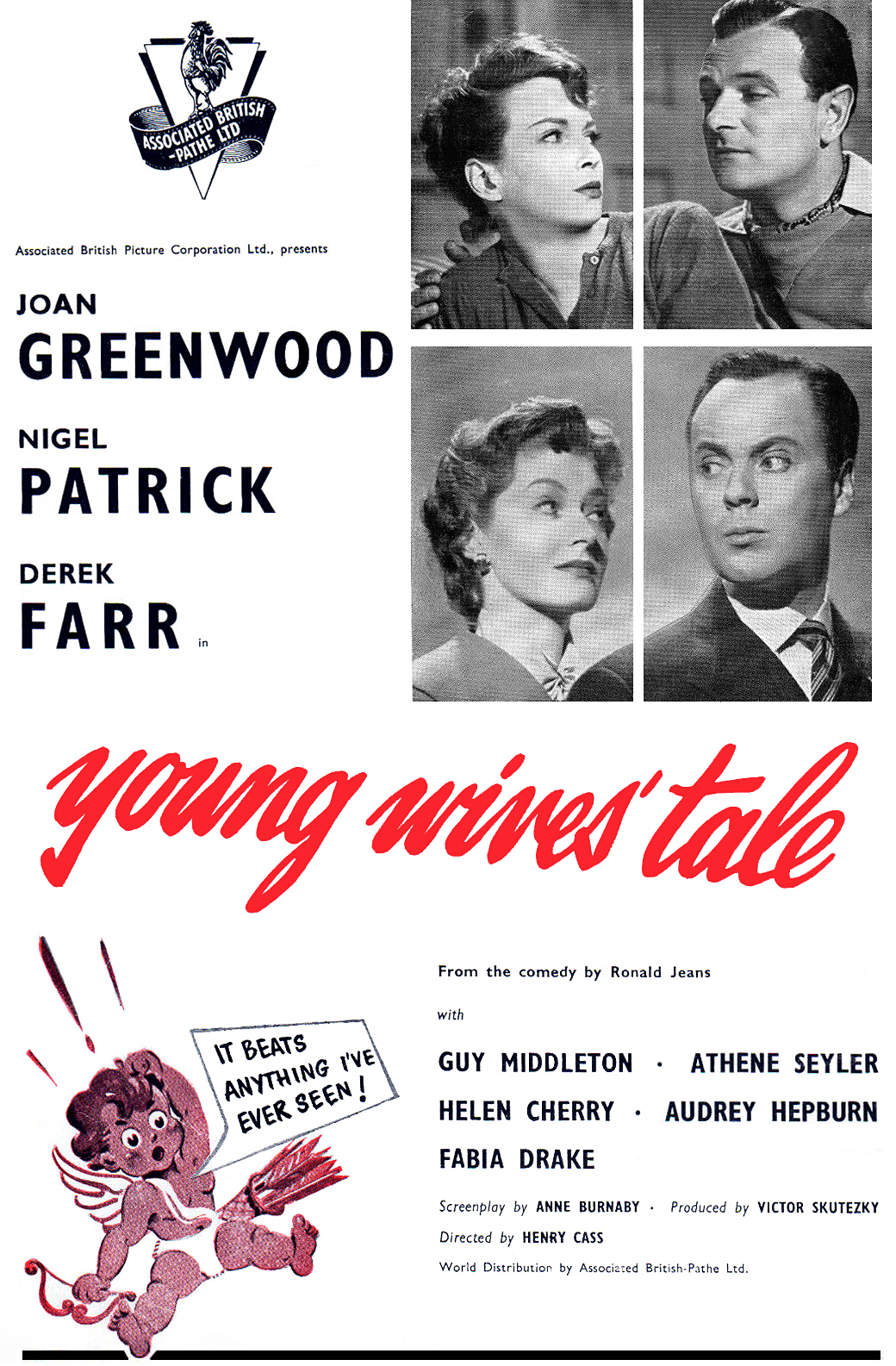



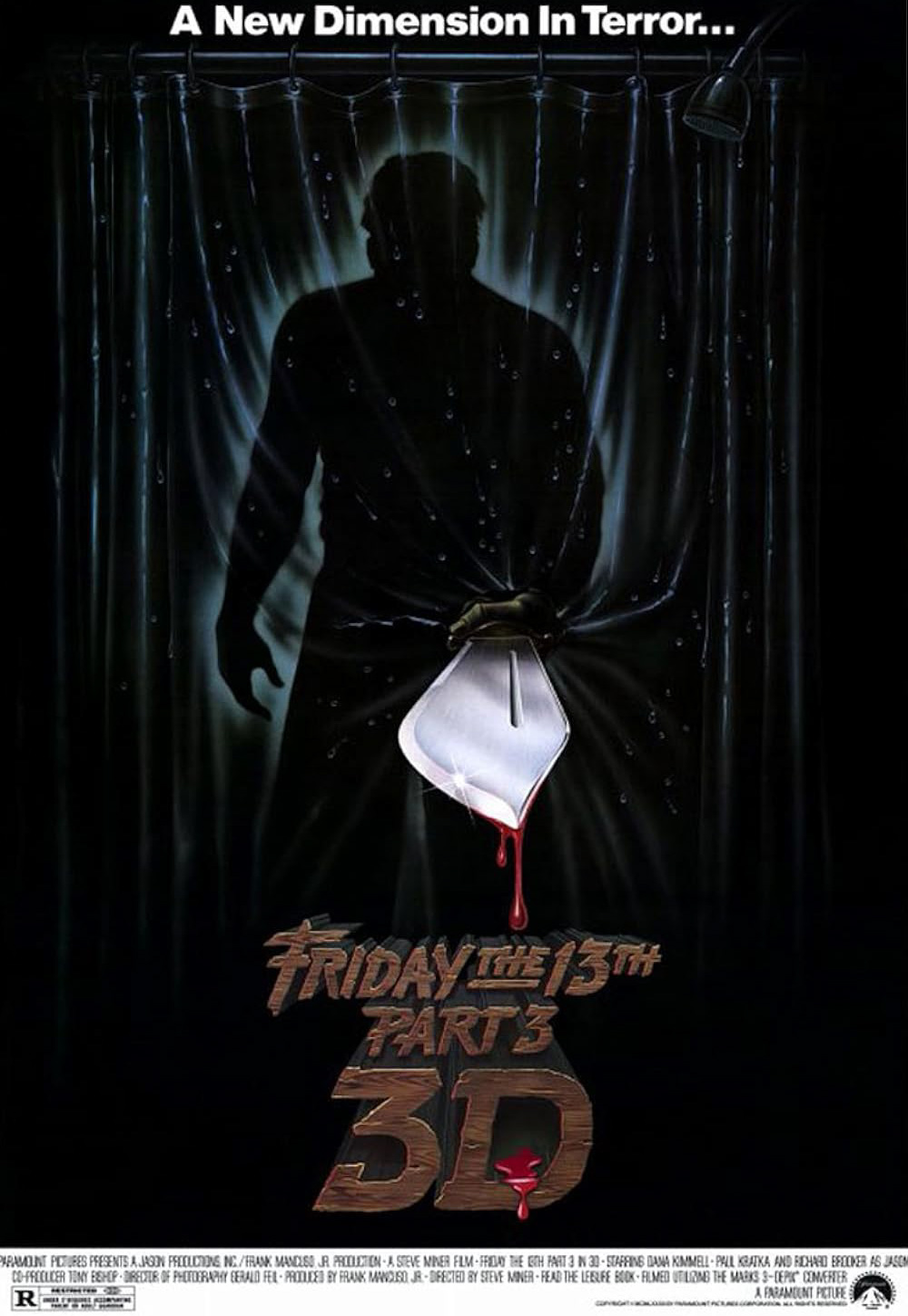

Albert Einstein is recognized as the greatest physicist of the 20th century and ranks with Isaac Newton as one of the preeminent scientific figures in history. His biographer, Albrecht Folsing (1997), wrote that no one else has ever enriched a science as Einstein enriched physics during the two decades between 1905 and 1925. Folsing (1997) described him as “a seeker after truth, whose like we shall not see again” (p. xiii). He is best known for his theories of special and general relativity (1905 and 1916, respectively) and for elucidating the particle theory of light, but he also wrote widely on nonscientific subjects and supported various social and political causes. In 1922 he was awarded the Nobel Prize for physics; he subsequently became a major international celebrity, attracting huge media attention wherever he went.
As a young man, Einstein worked in the Swiss patent office in Berne. He married Mileva Maric in 1903. The previous year she had given birth to their daughter, who seems to have been given up for adoption. They later had two sons, born in 1904 and 1910. They separated in 1914 and divorced in 1919. Later that year Einstein married his cousin, Elsa Lowenthal (née Einstein), also divorced, who had two daughters.
Einstein served as a professor of physics at Zurich and Prague universities, and for almost 20 years was director of the Kaiser Wilhelm Physical Institute in Berlin. He left Germany for the United States after the Nazis came to power, working at Princeton University and becoming a U.S. citizen in 1940. A vehement opponent of Nazism, he warned Franklin D. Roosevelt that Germany would try to create an atomic bomb and later campaigned for control of nuclear weapons. He was offered the presidency of Israel in 1952, but declined. He died in Princeton on April 18, 1955.
Family and Childhood
Einstein was born on March 14, 1879, into a Jewish family in Ulm, a town in southern Germany whose motto was Ulmenses sunt mathematici (the people of Ulm are mathematicians). His parents were Pauline (née Koch) and Hermann Einstein. Pauline, 11 years younger than Hermann, was 21 years old at the time of Albert’s birth. She was immediately “alarmed at the sight of his exceptionally large angular occiput and at first thought he was a monster” (Félsing, 1997, p. 3). A large head circumference is seen in some persons with autism (Bailey, 1993).
Einstein’s parents were well educated; Pauline played the piano. She was extremely stubborn and obstinate. Hermann Einstein was hardworking, “a kind and friendly man, esteemed and loved by all of his family and friends, especially those of the female sex” (Félsing, 1997, p. 10). Neither parent attended the synagogue or practiced Jewish rites and customs. It has been suggested that Albert got his mathematical gifts from his father and his love of music from his mother, but he himself disagreed, stating that curiosity, obsession, and sheer perseverance brought him to his ideas. He seems to have been a quiet baby, and at the age of 2 was described as sweet and good. The family moved to Munich when he was 1 year old.
Although interested in all kinds of puzzles and in “making elaborate structures with building blocks and constructing houses of cards of breathtaking height” (Félsing, 1997, p. 11), Albert was averse to play and social behavior appropriate to his age; other children regarded him as a bore. When he occasionally did take part in play, he “deliberately sought the job of umpire, which, because of his instinctive sense of justice, was gladly assigned to him” (Félsing, 1997, p. 12). However, he had a violent temper as a young child. On one occasion, according to his sister Maja, he struck a female tutor with a chair; she “ran away in fear and was never seen again’ (Félsing, 1997, p. 12).
At school he suffered from anti-Semitism and was bullied. He had a sense of being an outsider and never stepped out of his characteristic isolation, rarely playing with other children. He had a reserved manner and an ingrained dislike of physical training and games. He never got tired when “engrossed with his beloved metal construction set, or with involved fretsaw work, or with manipulating a small hissing steam engine,” but behind his “facade of adjustment,” he exhibited a “dreamerlike, skeptical distancing from other people and things” (Félsing, 1997, p. 17). He never wanted to become a soldier or to play with toy soldiers; in fact, he showed a strong antipathy to all aspects of militarism.
As an older child he associated the atmosphere of school with that of the barrack-square — in his eyes, this was the negation of everything human. His memory for words was poor, and he resented the dull, mechanized method of teaching to which he was subjected, preferring to endure punishments rather than to learn by rote. A teacher of Greek told him that he would never amount to anything.
Reflecting later on how and why he had discovered relativity theory, Einstein pointed to his slow development as a child, whereby he began to reflect on space and time only when he was grown up, whereas for an average person “anything that needs reflection on this matter he believes he did in his early childhood” (Félsing, 1997, p. 13).
Social Behavior
As just noted, the young Einstein had major problems in playing with and relating to other children. He also showed evidence of temper tantrums as a child, but they receded from the age of 7 onward. The anti-Semitism he experienced as a child enhanced his sense of being an outsider. On leaving Berlin for the United States in 1931, he described himself as a migrating bird.
At Zurich Polytechnic, Einstein formed a relationship with Mileva Maric, a fellow student three years older than him. He wrote to her, “We understand one another’s dark souls.” After marrying Mileva, Einstein recognized that his talent for married life was somewhat limited, however. He found the duties of marriage too much. His son, Hans Albert, later attributed his parents’ estrangement to the fact that his father believed that the family would take up too much of his time; he felt he had a duty to concentrate solely on his work (Folsing, 1997). It is clear that physics gave him far more happiness than family relationships. In the mid-1920s, he fell violently in love with his secretary, Betty Neumann, but ended the relationship by writing to her that he must seek in the stars that which was denied him on earth. It is not surprising that his sons turned against him. He noted in 1915 that 11-year-old Hans Albert “wrote me a very brusque card, resolutely rejecting a tour with me” (Folsing, 1997, p. 364).
Einstein had many relationships with women, but he “clearly intended these women, like his daughter, Lieserl, to vanish in the shadows of history,” wrote Félsing (1997, p. 617). He was not interested in connecting with individuals or human communities, describing himself as a real “loner, who never belonged wholeheartedly to the state, the homeland, my circle of friends, or even my own family, but experienced with regard to all these ties a never abating feeling of outsiderness and a need for solitude … One experiences clearly, but without regret, the limit of communication and consonance with other people” (Fdlsing, 1997, p. 620). He described his life in Berlin as that of “a Gypsy … an unattached person, who was fond of looking at the comical side of everything” (Félsing, 1997, p. 620).
He saw himself as a stranger everywhere. When he moved to Princeton his sense of isolation and alienation, if anything, increased; he noted, “I am not really becoming part of the human world here, for that I was too old when I arrived, and in point of fact it was no different in Berlin or in Switzerland. One is born a loner” (Félsing, 1997, p. 688). He felt fortunate living in Princeton, largely because the Princetonians respected his need for solitude.
Although he was a pacifist, some of Einstein’s writings are somewhat disturbing, showing an unsympathetic attitude to human beings; for example, “I would have no objection to the killing of worthless or even harmful individuals, I am against it only because I do not trust people, i.e., the courts. I appreciate more the quality than the quantity of human life” (Félsing, 1997, p. 621). After World War II he “rejected humanitarian programs to help Germans suffering hardships in their destroyed country” (Félsing, 1997, p. 727). According to Félsing (1997), he felt happier as a lone fighter than in the atmosphere of a committee where compromise was inevitable.
Einstein remarked in 1936 that he was “living in the kind of solitude that is painful in one’s youth but in one’s more mature years is delicious” (Félsing, 1997, p. 704). He had a gift for dividing his life into separate compartments — we often see this in persons with Asperger Syndrome, the artist L. S. Lowry being an extreme example (Fitzgerald, 2005).
Narrow Interests/Obsessiveness
Physics was his great interest in life — an addiction. He “soon learned to ferret out that which might lead to the bottom of things, to disregard everything else, to disregard the multitude of things that fill the mind but detract from the essential” (Félsing, 1997, p. 59). He wanted “to know how God created this world … I want to know his thoughts, the rest are details” (Clarke, 1971, p. 19). A direct quest for the ultimate, as opposed to incremental building on existing knowledge, is common in scientists with Asperger Syndrome. Thus, the special theory of relativity did not refer to previous work.
In school Einstein did best at algebra, geometry, and physics, and poorly at French. Verbal descriptive subjects were not his forte. He studied algebra in elementary school and worked out Pythagoras’ theorem for himself. Clearly, he was a little professor, even at school. When he first encountered classical geometry, he thought it “sufficiently wonderful that man is able at all to attain such a degree of certainty and purity in thought, as the Greeks first demonstrated in geometry” (Félsing, 1997, p. 24).
He enrolled in the Polytechnic University in Zurich six months short of the official minimum age of 18. He “studied the masters of theoretical physics with a holy zeal at home” and avoided lectures that did not interest him, writing to his sister, “I never permitted myself any pleasure, any diversion, except that which my studies offer, keeps me upright and must protect me from despair” (Folsing, 1997, p. 51). As a physicist, his theoretical work would provide intense experience and indescribable joy.
Einstein has been described as having an uncanny sense of the whole in scientific problems on which he was working, similar to the mode of thinking of some children with learning difficulties, who are often described as global thinkers. He was a visual thinker — a daydreamer. Persons with autism tend to be strong in the visuo-spatial realm.
Routines/Control
Einstein controlled his relationships with his family and with women mainly by neglecting them and by not allowing them to interfere with his life work. He maintained an extraordinarily intense schedule of work throughout his life.
What mattered most to him was to keep his independence. It was extremely important for him to control his own life. When learning to play the violin as a boy, his “love of music awakened only when he himself became interested in certain pieces and replaced his lessons with self-teaching” (Félsing, 1997, p. 26). He was not interested in the advancement of his career and regarded participation in “this race of the intellects” as “a bad kind of slavery” (Félsing, 1997, p. 626).
The man responsible for bringing Einstein to Princeton, the educationist Abraham Flexner, tried to force him to maintain a low profile, telling him that his security in America depended on his silence and rejection of all public appearances. Flexner attempted to sabotage Einstein’s appearance as a violinist at a charity concert for the benefit of refugees; he also opened Einstein’s mail and declined invitations on his behalf, including an invitation to the White House. Einstein rebelled against these restrictions when he found out about them; he threatened to leave Princeton, and Flexner was forced to desist.
Language/Humor
In classic autistic fashion, the young Albert’s speech development proceeded slowly. His parents worried at his lack of progress and consulted a doctor. Félsing (1997) noted that the delay seems to have been due to an early ambition to speak only in complete sentences. Every sentence he uttered, no matter how routine, he would repeat to himself softly, moving his lips. This habit persisted until his seventh year. His acquisition of language, therefore, was “laborious and self-critical … in contrast to most children’s natural, unproblematical learning” (Félsing, 1997, p. 11). He does not appear to have lacked a sense of humor.
Lack of Empathy
Einstein’s younger son, Eduard, developed schizophrenia in 1932, and was admitted to Burghélzli psychiatric hospital. Einstein was a “difficult father, who would stay out of touch for months on end and then would try to forcibly to impose his will on his sons” (Félsing, 1997, p. 671). Einstein made his final farewell to Eduard in 1933, many years before he died. He had a rather disturbing attitude to his younger son, having previously stated that “valuable individuals must not be sacrificed to hopeless things, not even in this instance” (Félsing, 1997, p. 671). Elsa, his second wife, observed that “nothing tragic really gets to him, he is in the happy position of being able to shuffle it off. That is also why he can work so well” (Félsing, 1997, p. 688; this related to his stepdaughter, Ilse, falling ill and dying at the age of 37).
His lack of social empathy was shown by his premature application for promotion at the patent office in Berne. He was also unsuccessful in many job applications despite his brilliant talents. Later, he showed a lack of tact in expecting others — even those with considerable professional status — to do his literature searches for him. Félsing (1997) noted that his remarks on personal matters were often “suided less by tact or sensitivity than by ruthless frankness” (p. 69).
Naivety/Childishness
As a young man, Einstein was largely unaware of life’s difficulties, and was naive when he intimated to Mileva, in Félsing’s words (1997), that the two of them, arm in arm “would bestride the scientific stage and amaze the world” (p. 71).
He sometimes showed a certain social innocence or naivety — a lack of conventional flexibility — in his dealings with people. Later, his attachment to certain causes, such as his espousal of world government, would be regarded as naive.
Nonverbal Communication
In the 1920s, the diplomat Count Harry Kessler noted, “The ironical trait in Einstein’s facial expression, the ‘Pierrot lunaire’ quality, the smiling and doleful skepticism that plays around his eyes, emerges ever more strongly” (Félsing, 1997, p. 548). He was not good at personal hygiene. In 1913, Elsa gave him a hairbrush and a toothbrush and attempted to educate him about hygiene; he eventually wrote to her “But if I begin to groom my body then I’m no longer myself … your honestly filthy Albert” (Félsing, 1997, p. 233).
Conclusion
Although Einstein’s case is by no means clear-cut, he might meet the criteria for Asperger Syndrome (Gillberg, 1991), with the exception of a lack of information on motor problems (which is a controversial point anyway; Gillberg [1991] stated that motor clumsiness may be less a feature of persons with high-IQ Asperger Syndrome). According to the American Psychiatric Association’s (1994) DSMIV, he would possibly meet the criteria for autism rather than Asperger Syndrome, which contentiously requires typical language development. The evidence presented here points to (high-functioning) autism or Asperger Syndrome.














Almost every person I’ve encountered in the past three weeks is probably aware that I’ve been reading The Count of Monte Cristo. At number 44 on the BBC Big Reads, it’s one of the longest I’ve read to date – though having last night discovered that Dumas was paid by the word, one can certainly see why he’d pen such a lengthy novel – and on top of talking about it a lot, it’s had quite a big impact on my life. Not only have I been getting up before 6 most mornings to read; I’ve also been substituting trains for buses in order to make my commute to work longer so that I can increase my daily reading time.
Written in 1844 The Count is one of Dumas best loved novels and is a tale of adventure, revenge and deceit with a love story at its core. On the eve of his wedding to Mercedes, Edmond Dantes becomes the victim of a miscarriage of justice as he is arrested for being a Bonapartist traitor. Despite maintaining his innocence he is jailed where he spends six years plotting his revenge on those that have wronged him.
Having escaped from jail Dantes goes about exacting his revenge on a monumental scale; while also ensuring that he rewards those who were loyal to him, both prior and during his time in jail.
Set between 1815 and 1838 – a time when Napoleon was abdicated and exiled before ultimately returning to power – the backdrop is the basis for much of the political tension that lies within the novel. The tale is an epic one; populated with villains, aristocrats and innocents, the lives of the characters are in the hands of Dantes and as the plot unfolds so too do the fate of their fortunes.
For me, the final hundred pages – and indeed the climax of the tale – were the best, and I found myself racing through them despite not wanting the novel to end. A huge, beautiful, triumphant saga, The Count of Monte Cristo is the ultimate tale of revenge.
About The Count of Monte Cristo
In 1815 Edmond Dantès, a young and successful merchant sailor who has just recently been granted the succession of his erstwhile captain Leclère, returns to Marseille to marry his Catalan fiancée Mercédès. Thrown in prison for a crime he has not committed, Edmond Dantès is confined to the grim fortress of If. There he learns of a great hoard of treasure hidden on the Isle of Monte Cristo and he becomes determined not only to escape, but also to unearth the treasure and use it to plot the destruction of the three men responsible for his incarceration.
About Alexandre Dumas
Alexandre Dumas was born on July 24, 1802, in Villers-Cotterêts, France. He adopted the last name “Dumas” from his grandmother, a former Haitian slave. Dumas established himself as one of the most popular and prolific authors in France, known for plays and historical adventure novels such as The Three Musketeers and The Count of Monte Cristo. He died on December 5, 1870, in Puys, France. His works have been translated into more than 100 languages and adapted for numerous films.
Current data from the CDC states that autism prevalence is estimated to be about 1 in 36. Many people are wondering why there are so many people who have autism now. In this video, I’ll address that question. Happy World Autism Awareness/Acceptance Day!